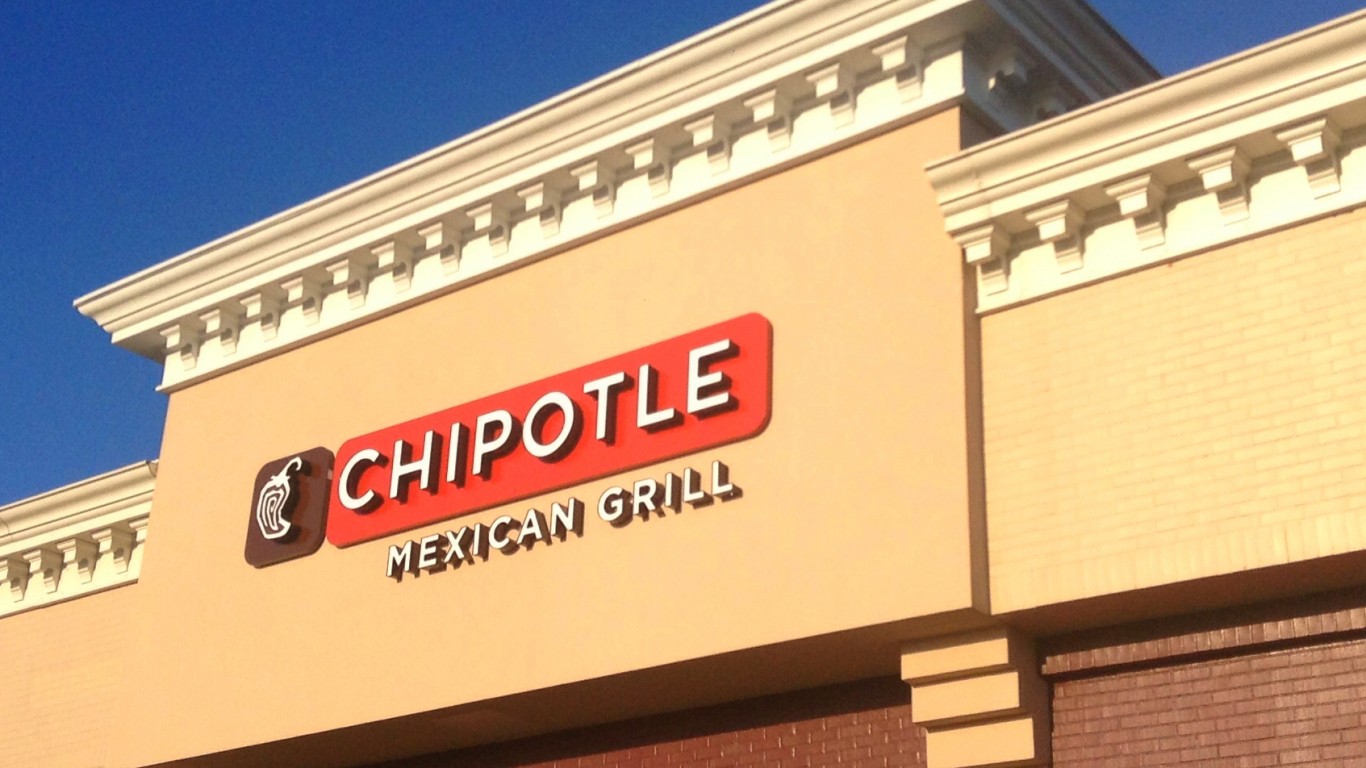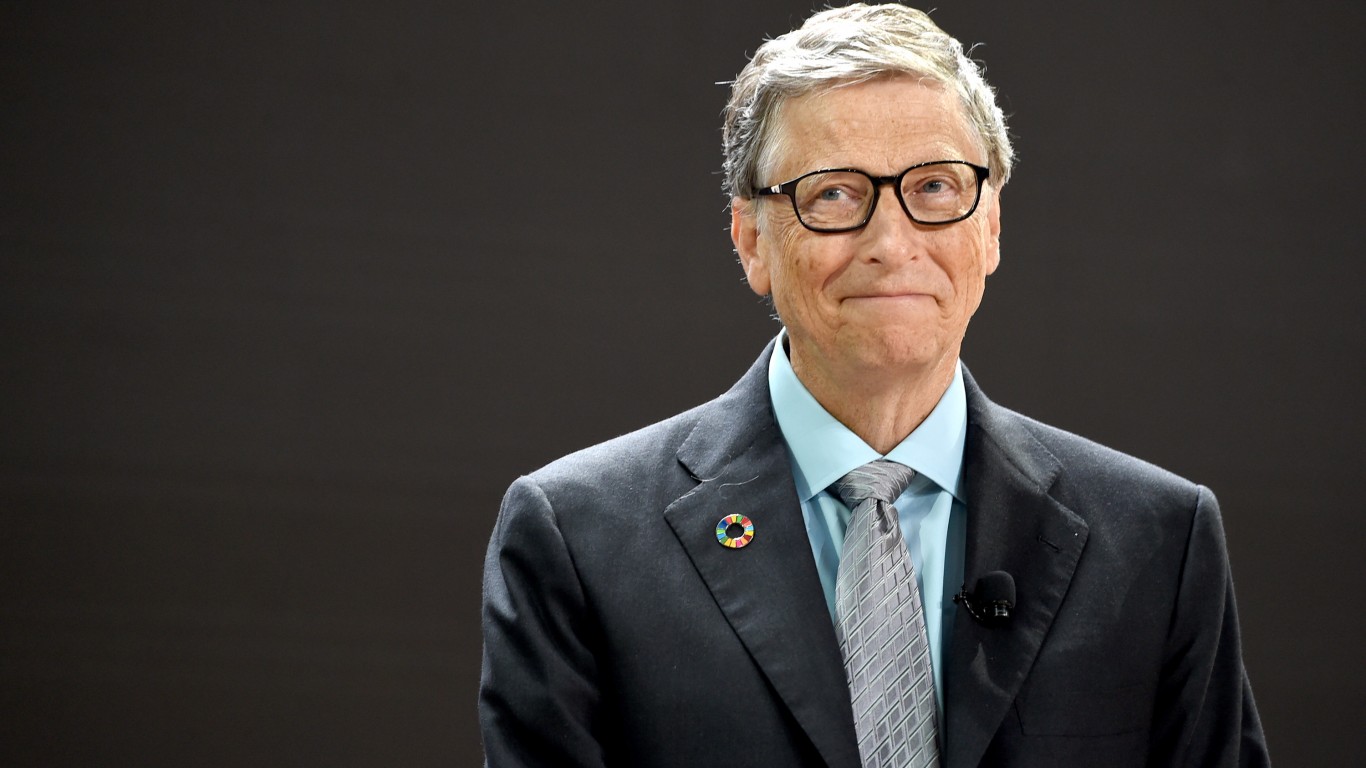 Several G20 nations have signaled that their central banks will do what is necessary to keep credit markets liquid so that capital is available to keep the global money system from the kind gridlock it suffered four years ago. The announcement may be enough to prevent a panic about the availability of capital. And that could relieve most of the pressure that the eurozone crisis has put on capital markets. The immediate cause for the announcement of central bank plans is the upcoming elections in Greece. It is unclear that, if anti-austerity parties win, a possible departure of the country from the eurozone would be viewed as a disaster. But central banks have readied plans nonetheless.
Several G20 nations have signaled that their central banks will do what is necessary to keep credit markets liquid so that capital is available to keep the global money system from the kind gridlock it suffered four years ago. The announcement may be enough to prevent a panic about the availability of capital. And that could relieve most of the pressure that the eurozone crisis has put on capital markets. The immediate cause for the announcement of central bank plans is the upcoming elections in Greece. It is unclear that, if anti-austerity parties win, a possible departure of the country from the eurozone would be viewed as a disaster. But central banks have readied plans nonetheless.
Apple and Baidu
Apple (NASDAQ: AAPL) has taken an important step into what could be its most important market in years. It created a partnership with China’s largest search company, Baidu (NASDAQ: BIDU), which should bring both companies substantial new revenue. Bloomberg reports that Apple will make the Baidu search product available in the Chinese language on the iPad and iPhone. Apple’s Siri voice software also will begin to work in Chinese. The two companies will split ad revenue from the arrangement. Neither has announced how that will work or what the percentage share split will be. For Baidu, the plan is one more way for it to stay well ahead of rival Google (NASDAQ: GOOG) in the Chinese market. For Apple, it is one more feature it can use to rapidly gain sales in the People’s Republic.
A Microsoft Tablet
Tech industry blog The Wrap reports that Microsoft (NASDAQ: MSFT) will release its own tablet PC next week. That means it will follow Google into the premium portable smartphone and tablet markets. Google recently made a large gamble on the hardware segment of smartphones as it bought Motorola Mobility. Motorola products run Google’s Android OS. Microsoft’s tablet would be based on Windows RT, The Wrap reports. This software is a mobile OS version of Windows 8. The decision to enter the tablet market will not only put Microsoft in competition with Google. The tablet also will need to take market share from the Amazon.com (NASDAQ: AMZN) Kindle Fire and Apple iPad. Other hardware companies have tried to do this with no success.
Douglas A. McIntyre
Are You Still Paying With a Debit Card?
The average American spends $17,274 on debit cards a year, and it’s a HUGE mistake. First, debit cards don’t have the same fraud protections as credit cards. Once your money is gone, it’s gone. But more importantly you can actually get something back from this spending every time you swipe.
Issuers are handing out wild bonuses right now. With some you can earn up to 5% back on every purchase. That’s like getting a 5% discount on everything you buy!
Our top pick is kind of hard to imagine. Not only does it pay up to 5% back, it also includes a $200 cash back reward in the first six months, a 0% intro APR, and…. $0 annual fee. It’s quite literally free money for any one that uses a card regularly. Click here to learn more!
Flywheel Publishing has partnered with CardRatings to provide coverage of credit card products. Flywheel Publishing and CardRatings may receive a commission from card issuers.
Thank you for reading! Have some feedback for us?
Contact the 24/7 Wall St. editorial team.





